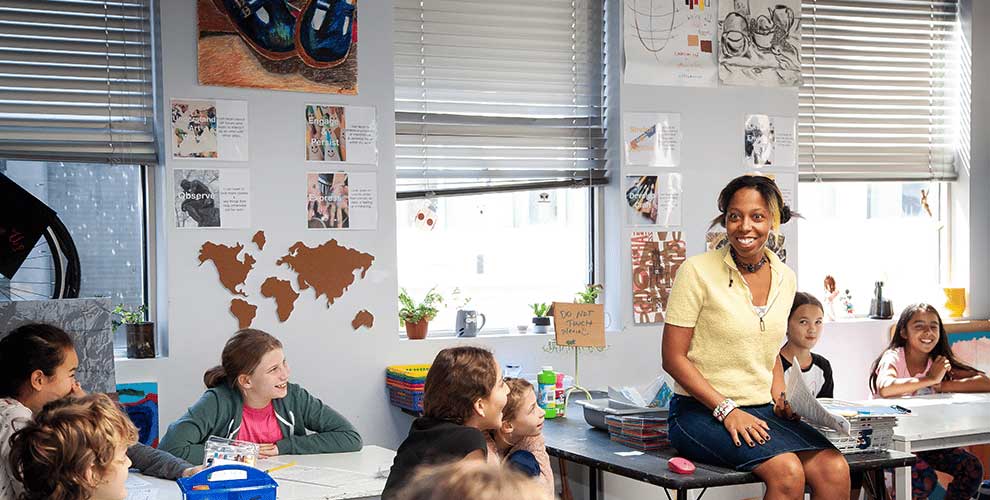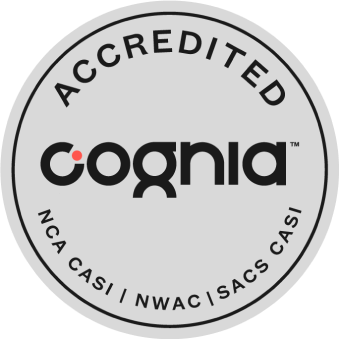January 24, 2025 is the seventh annual International Day of Education.
This day of observance was established in 2018 by the United Nations General Assembly to celebrate the role that education plays in creating a better world. It has been observed every 24th of January from 2019 onward.
In honor of International Day of Education, let’s take a closer look at the importance of bringing equitable, quality education to all.
What is the theme for International Day of Education in 2025?
Every year, the United Nations Education, Scientific and Cultural Organization (UNESCO) declares a theme for International Day of Education. For 2025, the theme is “AI and education: Preserving human agency in a world of automation.”
This theme invites teachers and students to reflect on the responsible use of artificial intelligence within the field of education. According to UNESCO, AI presents major opportunities for education, but it should be used as a complement to human instruction rather than a replacement.
How does education benefit communities worldwide?
Education plays an important role in the UN’s mission of building sustainable and resilient societies across the globe. In 2015, the UN adopted the 2030 Agenda for Sustainable Development. This agenda laid out numerous Sustainable Development Goals, one of which is to make quality education available to all.
Education helps individuals gain the knowledge and skills needed to tackle important societal challenges, such as:
- Improving health outcomes
- Eliminating poverty
- Promoting gender equality
- Improving environmental sustainability
- Enhancing international cooperation
On a smaller scale, education enables individuals to create a better life for themselves. It allows them to get jobs, increase their economic security, and stay healthy.
What’s the current state of global education?
Education is a human right. The Universal Declaration of Human Rights—a milestone document drafted by the UN in 1948—states that elementary education should be free and compulsory.
However, millions of children today still do not have access to education.
According to estimates from UNESCO, 251 million children are out of school worldwide. There is a strong disparity between high-income and low-income countries. Approximately 33% of school-aged children are out of school in low-income countries, compared to 3% of school-aged children in high-income countries.
The 2024 Education Finance Watch report found that although education spending is rising in many low-income countries, it is still not enough to provide adequate education services to students. In fact, even though the total amount of education spending has increased in recent years, per-pupil spending has remained stagnant.
How parents can observe International Day of Education 2025
This International Day of Education, talk to your kids about what makes education so important. Explain that in many parts of the world, children do not have access to high-quality education. UNESCO’s “SDG Resources for Educators” features lesson ideas and videos centered around this topic. While these resources were designed with educators in mind, they can be used for at-home learning, too!
To tie things back to this year’s theme, talk to your child about the advantages and disadvantages of AI tools. Explain that while AI can be very useful for learning new information, AI chatbots are not always reliable.
You can also think about ways to advocate for education within your community. Are there local education-focused initiatives you can donate to or spread the word about? Are there opportunities for you to get more involved with your child’s school?
BASIS Charter Schools are committed to making world-class education accessible to all
At BASIS Charter Schools, we believe that every student, no matter where they live or what their background is, deserves the best education possible. We are committed to raising the standards of student learning to the highest international levels through our transformative K–12 academic program.
Results from the OECD Test for Schools (based on PISA), an exam taken by students in more than 70 countries, show that BASIS Charter School students outperform their peers both at home and abroad. We are proud to offer an education that exceeds many of the best school systems worldwide—and we do it all at no cost to our families. Our public charter schools are completely free to attend and open to all.
The BASIS Charter Schools network is made up of 40 schools across Arizona, Louisiana, Texas, and Washington, D.C. Our schools are consistently ranked among the top schools in the nation, and our students achieve at globally competitive levels. To see for yourself what makes our schools so unique, find a BASIS Charter School near you and RSVP for a tour.






